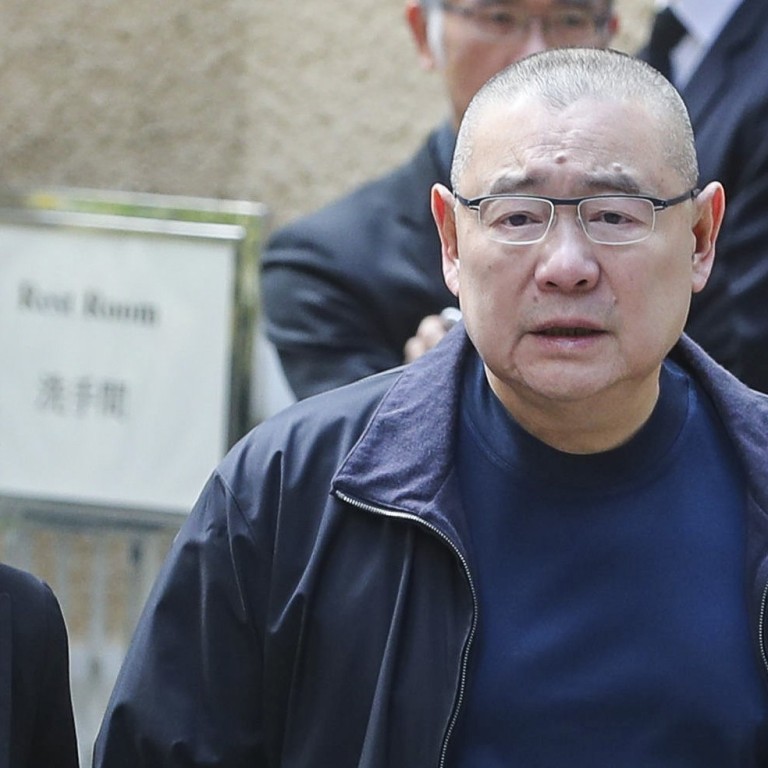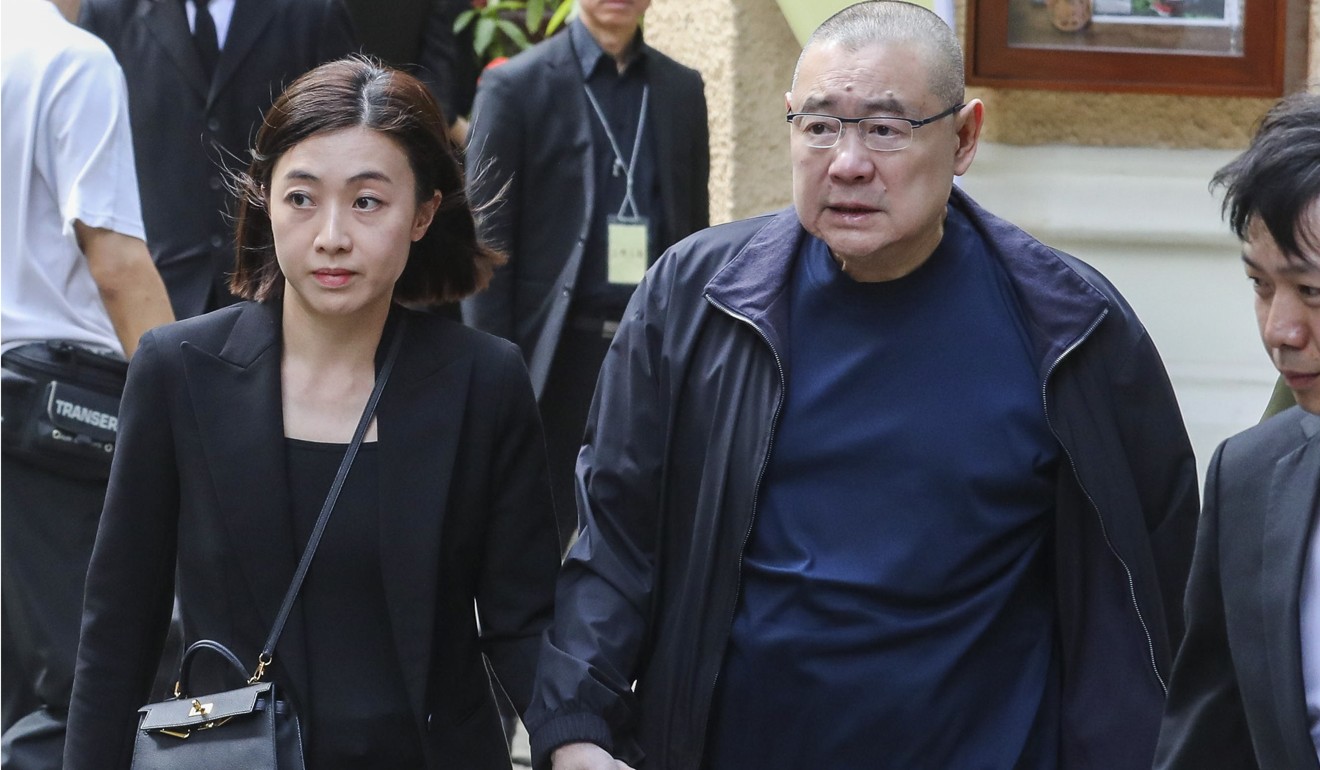
Chinese Estates’ Joseph Lau pockets HK$15 million paper gain after buying shares of troubled developer Future Land
- Share purchase underscores how Chinese Estates has been quietly morphing into a financial holding company
- Future Land shares have rebounded since they were clobbered in the wake of revelation of the arrest of its founder Wang Zhenhua on a charge of child molestation on July 3
Joseph Lau Luen-hung, the Hong Kong billionaire owner of Chinese Estates Holdings, is estimated to have pocketed HK$15 million (US$1.9 million) of paper gains in a week through an astute punt in one of China’s biggest real estate developers.
Fair Eagle Securities, a wholly-owned unit of Chinese Estates, bought nearly 40.9 million shares of Future Land Development Holdings on the Hong Kong stock exchange at HK$7.19 per share on July 4, according to the Hong Kong stock exchange’s CCASS Shareholding Search system, displaying the data two days after the transactions.
Shares of the Shanghai-based Future Land, which closed the week higher at HK$7.58 per share, would have given Lau at least a paper profit of 39 HK cents per share. His brokerage continued scooping up Future Land’s shares after July 4, building up a position of 59.776 million shares as of July 10, or 1.01 per cent of the developer.
The shares of Future Land and its Shanghai-listed sibling Seazen Holdings have had a rough two weeks, after the founder and chairman of both companies, Wang Zhenhua, was arrested on a charge of child molestation on July 3. Future Land shares plunged as much as 36.4 per cent over three trading days, while Seazen tumbled by their 10 per cent daily limit for three consecutive days.
The punt by Lau, whose property company sold one single apartment for the whole of its last financial year, underscores how Chinese Estates has been quietly morphing into a financial holding company.
Gains from securities investment ranked as the main engine of income, overshadowing sales of luxury homes and rental income from shopping malls in and office properties in China, Hong Kong, and the UK.
“Even though Chinese Estates is named with estates, it is not a property company anymore,” said Kenny Tang Sing-hing, chief executive of China Hong Kong Capital Asset Management.
Chinese Estates had a portfolio of listed securities and other investments valued at HK$26.85 billion as of December 31, 2018. More than 70 per cent of the securities are shareholdings in China Evergrande Group, chaired by Lau’s close friend, billionaire Hui Ka-yan.

Having such a large investment portfolio linked to a single company was risky, even though Evergrande had diversified property holdings in the mainland, Tang said.
Chinese Estates may suffer from instability in its top ranks. Lau stepped back from day-to-day operations for health reasons in 2017, handing control to his wife, Chan Hoi-wan, who controls a 50.2 per cent stake.
“It is expensive to buy land or buildings now. Making money from buying land and selling properties depends on the investor’s experience, otherwise, it is very easily to get burned,” said Tang, referring to concerns that Lau’s wife may lack management experience.
Chinese Estates’ sole home sale in the last financial year was recorded in February at 55 Conduit Road. The 4,170 square foot Mid-Levels luxury apartment sold for HK$286.2 million.
Lau, 66, is Hong Kong’s fourth wealthiest tycoon, according to Forbes, with a fortune estimated at US$16.5 billion.

